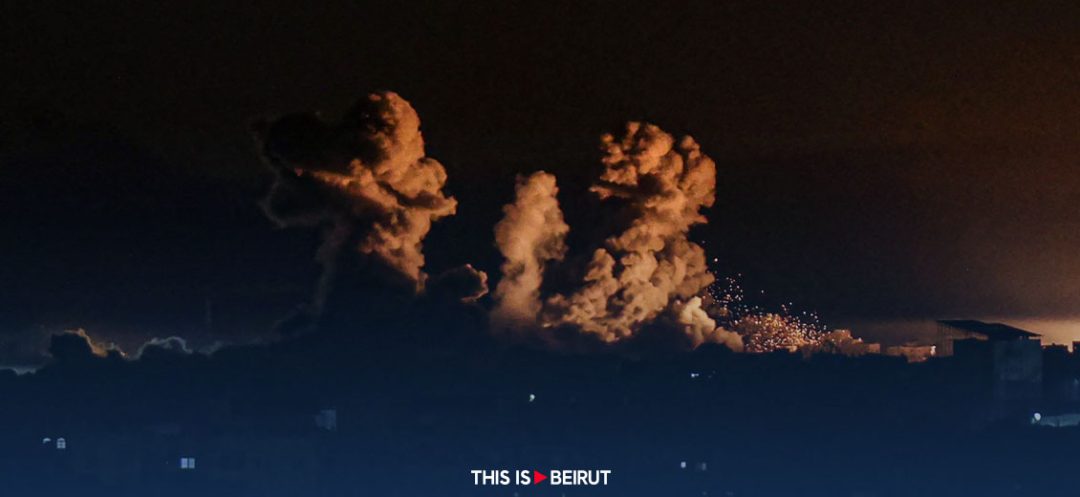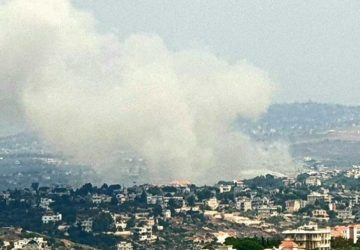Fierce fighting between the Israeli Army and Hamas took place in Khan Younes, southern Gaza, on Monday, January 22. At the same time, the Netanyahu government is under increasing pressure, both domestically and internationally.
The Israeli Army bombarded Khan Younes, the latest epicenter of the war in Gaza, on Monday after Prime Minister Benjamin Netanyahu rejected what he said were Hamas conditions for the release of hostages, even amid mounting pressure from their families.
Witnesses reported deadly strikes overnight in Khan Younes, the largest city in southern Gaza, and fierce fighting between Israeli soldiers and Hamas militants.
The Gaza health ministry reported on Monday that more than 120 people had been killed in the previous 24 hours.
While fighting is concentrated in the south, it has not ended in the north, where Hamas authorities reported shelling in the Gaza City area and witnesses heard explosions.
The strikes came after Hamas issued a 16-page report on Sunday in which they admitted to “some faults” but defended the October 7 attacks that sparked the war.
The attacks resulted in the deaths of about 1,140 people, mostly civilians, according to an AFP tally based on official Israeli figures.
In response, Israel vowed to destroy Hamas, launching a relentless offensive that has killed at least 25,295 people in Gaza, mostly women and children, according to the latest toll issued on Monday by Gaza’s health ministry.
‘Necessary Step’
Hamas said in its first public report on the events that triggered the war that if civilians were targeted, “it happened accidentally,” and called for an end to “Israeli aggression” in Gaza.
The October 7 attacks were a “necessary step” against Israeli occupation of Palestinian territories and a way to secure the release of Palestinian prisoners, said the report issued in English and Arabic.
US intelligence agencies have estimated that the Israeli campaign has killed “around 20 to 30 percent” of Hamas’ fighters and is still far from its goal of destroying the Islamist movement, the Wall Street Journal reported on Sunday.
In a video statement issued after the Hamas report, Netanyahu said that “in exchange for the release of our hostages, Hamas demands an end to the war, the withdrawal of our forces from Gaza,” the release of Palestinian prisoners, and guarantees that Hamas would stay in power.
The US coordinator for the Middle East, Brett McGurk, was due to meet top officials in Cairo on Monday, followed by a trip to Qatar, in a bid to secure a new hostage exchange deal, US media said.
Humanitarian Crisis
Netanyahu is under intense pressure to secure the return of the captives and account for security failings surrounding the October 7 attacks.
Hamas militants seized about 250 hostages, and Israel says around 132 remain in besieged Gaza, including the bodies of at least 28 dead hostages, according to an AFP tally based on Israeli data.
Relatives and supporters of the hostages again rallied on Sunday night near Netanyahu’s Jerusalem residence.
UN agencies have warned of famine and disease as Gazans, at least 1.7 million of whom are displaced, struggle with shortages of water, medical care, and other essentials during daily bombardment.
With AFP





